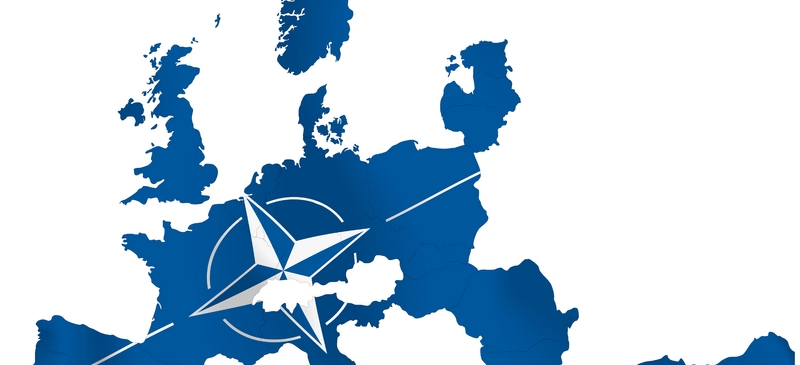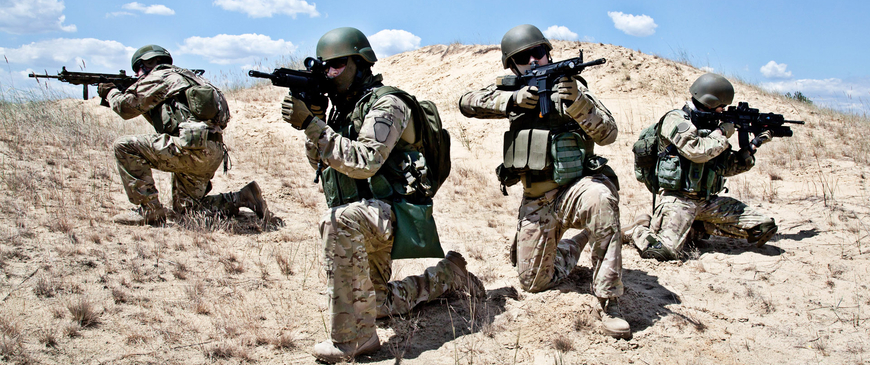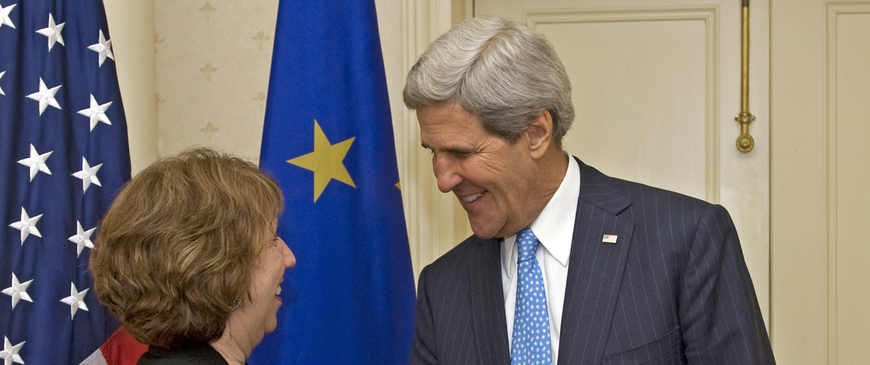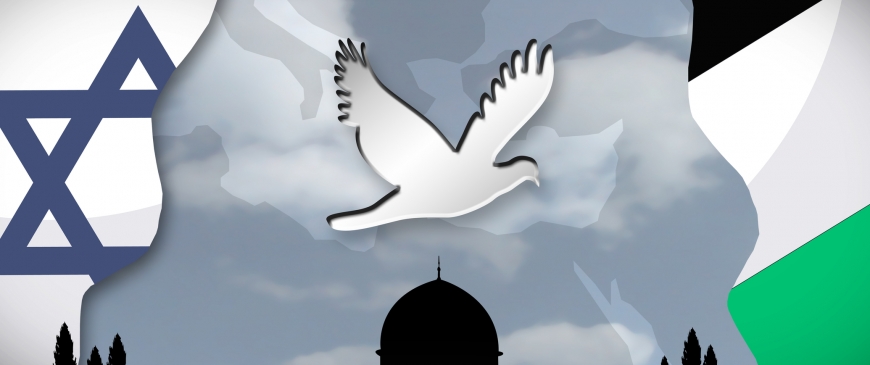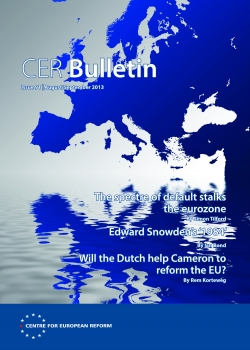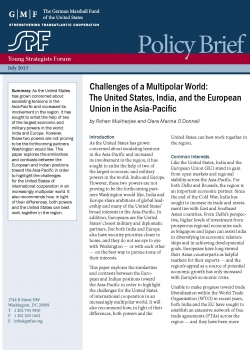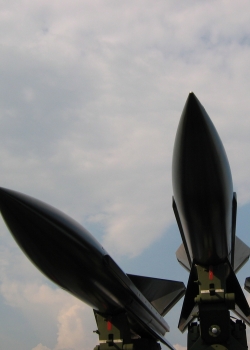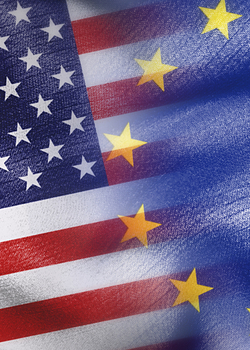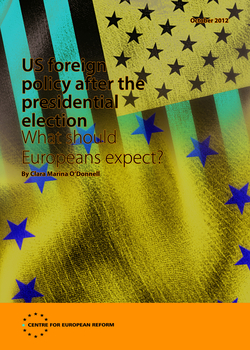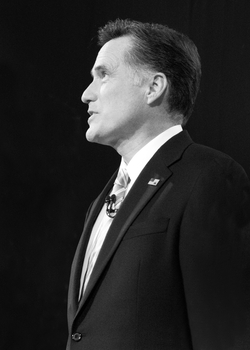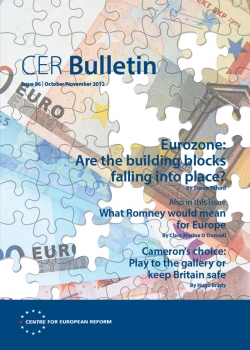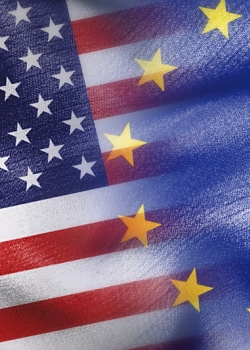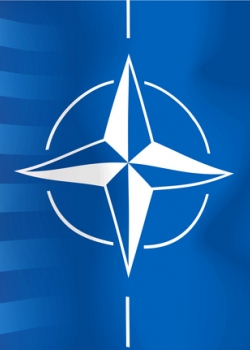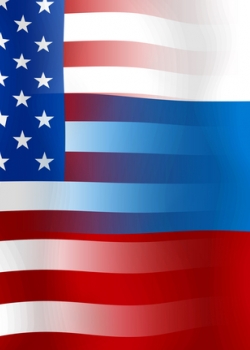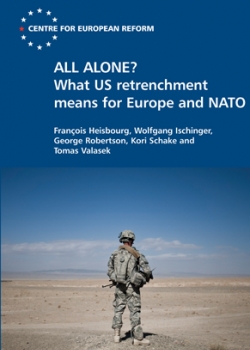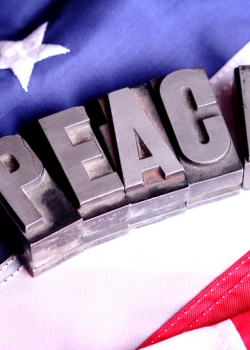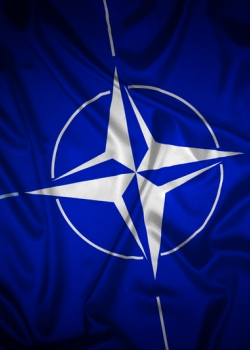Transatlantic relations
Edward Snowden's '1984'
24 July 2013
Europe needs a serious debate on privacy and security, not hypocritical outrage about American spying or opportunistic attempts to block transatlantic trade talks.
Issue 91 - 2013
24 July 2013
- The spectre of default stalks the eurozone, Simon Tilford
- Edward Snowden's '1984', Ian Bond
- Will the Dutch help Cameron to reform the EU?, Rem Korteweg
Challenges of a multipolar world: The United States, India, and the European Union in the Asia-Pacific
11 July 2013
The German Marshall Fund of the US
As the United States has grown concerned about escalating tensions in the Asia-Pacific and increased its involvement in the region, it has sought to enlist the help of two of the largest economic and military powers in the world: India and Europe.
Why has the eurozone's recovery been weaker than the US's?
24 May 2013
The eurozone has experienced a much weaker economic recovery than the US since 2009. The reason is that it has made more glaring policy mistakes.
NATO and the costs of star wars
01 May 2013
Europeans should convince the US to scale back its missile defences ambitions. American defences do not work. They are also creating unnecessary tensions with Russia.
The EU and transatlantic relations
15 March 2013
The UK considers its relationship with the United States as central to its foreign policy. Underpinned by strong historical links, the UK-US relationship covers economic ties, diplomacy and security co-operation.
Freeing the transatlantic economy – prospects, benefits and pitfalls
20 February 2013
The EU and the US would benefit from freeing up transatlantic commerce. To succeed, they must agree some rules of engagement and stick to them.
US foreign policy after the presidential election: What should Europeans expect?
25 October 2012
For all the sparring between the presidential candidates on US foreign policy, a second Obama term or a Romney administration would have a lot in common.
What Romney would mean for Europe
26 September 2012
As the US elections approach, Mitt Romney’s sometimes bellicose rhetoric on national security is raising European eyebrows. But many in Washington believe that if the Republican contender were to become president, US policies might not differ much from the last four years.
Issue 86 - 2012
26 September 2012
- Eurozone: Are the building blocks falling into place?, Simon Tilford
- What Romney would mean for Europe, Clara Marina O'Donnell
- Cameron's choice: Play to the gallery or keep Britain safe, Hugo Brady
Are Europeans a better transatlantic security partner than meets the eye?
06 July 2012
Europeans are less willing to use military force than their US allies. But they are still making significant contributions to global stability.
NATO ponders austerity and US 'pivot'
18 May 2012
The US sees itself as a Pacific power, and the Europeans are busy plundering their defence budgets. Does NATO have a future?
The US-Russia reset is over
02 April 2012
Can the 'reset' between Russia and the US survive the return to the presidency of Vladimir Putin? Probably not, given the number of divisive issues.
All alone? What US retrenchment means for Europe and NATO
01 March 2012
With the US reducing its role in NATO, the Europeans need to assume more military responsibility, and the alliance needs to narrow its ambitions.
Issue 82 - 2012
27 January 2012
- Needed: A growth strategy for Europe, Simon Tilford
- Why an EU financial transactions tax is a red herring, Philip Whyte
- The US declares peace in Europe, prematurely, Tomas Valasek
The US declares peace in Europe, prematurely
26 January 2012
The Pentagon's 'strategic guidance', released on January 5th, makes three key changes: it establishes Asia as the focus of US military efforts, with the Middle East a close second. It foresees fewer 'nation-building'
missions such as the one in Afghanistan, and more strikes from afar and from the air, sometimes...
missions such as the one in Afghanistan, and more strikes from afar and from the air, sometimes...
The eurozone and the US: A tale of two currency zones
21 November 2011
The US and the eurozone are very different monetary unions. These differences explain why financial markets are picking on the eurozone and not the US.
What Libya says about future NATO operations
26 August 2011
In Libya, the Europeans have for the first time responded to Washington's calls to assume responsibility for their neighbourhood. This should be cause for cautious optimism about NATO.
Race to the bottom
24 August 2011
For decades, European countries cut defence budgets with little worry. The United States kept enough troops on the continent to deter all potential enemies, almost irrespective of how small European militaries became.
What cuts in US defence budget will mean for the transatlantic alliance
15 March 2011
The US defence budget seems set to fall as Washington begins to restore order in its finances. Spending on the military has reached such heights – $700 billion, or 20 per cent of the US federal budget – that it has become too large for deficit-cutters to ignore.

